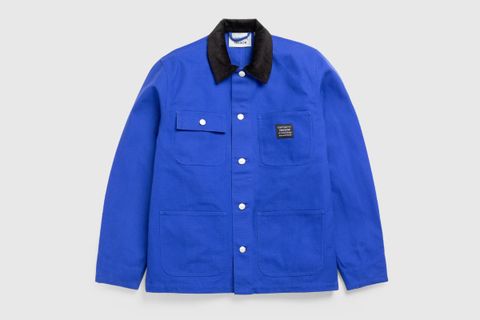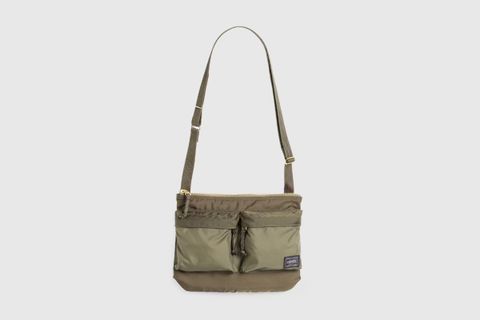How Do You Solve a Problem Like Sephora Kids?
As concern over "Sephora kids" grows, brands and legislators are considering a novel measure to curb Gen Alpha's taste for pricey beauty products: banning children from buying anti-aging skincare altogether.
In April, California state Assembly member Alex Lee introduced a bill that would prohibit kids under 13 from buying over-the-counter products containing anti-aging ingredients like alpha hydroxy acid, retinol, and retinoids.
The bill passed the Environmental Safety and Toxic Materials Committee last month, but failed to advance in the state Assembly on May 16. Lee cited its potential to protect children from "the unnecessary harms of anti-aging products," which can damage their skin. He isn't the only one who believes that skincare age limits could help dissuade Sephora kids: In March, Swedish drugstore giant Apotek Hjärtat stopped selling "advanced skincare products" — formulas with anti-aging ingredients like retinol, vitamin C, and certain acids — to under-15-year-olds.
But opponents argued that the measure would be too difficult to enforce. The Personal Care Products Council (a trade association that represents 600 global cosmetic companies) contended that, were the bill passed, sellers would be forced to introduce new procedures, including training cashiers to verify customer ages as well as identify products that are sufficiently "anti-aging."
Maybe more to the point: Are skincare bans really the best way to tackle kids' growing preoccupation with their appearance? Experts aren't so sure.
Ellen Marmur, board-certified dermatologist and founder of MMSkincare, isn't surprised that anti-aging products are becoming popular among teens and tweens — it's difficult for the most discerning of shoppers, much less children, to resist the pull of beauty products peddled across social media, in both advertisements and in “Get Ready with Me" videos.
Dr. Marmur doesn't think banning anti-aging products will ultimately prevent children from seeking them out, but she does believe these measures can "open up the conversations parents should be having with their children regarding hygiene, skincare, and makeup."
Don Grant, psychologist and national advisor of healthy device management for Newport Healthcare, agrees that parents are responsible for educating their children about the safety and appropriateness of certain skincare products — at the same time, he believes that brands and retailers should at least warn shoppers of the adverse reactions anti-aging ingredients can have on teen and tween skin.
"We already have these in place for alcohol, nicotine, motor vehicles, medications, and even amusement park rides," Grant says. "Realistically, kids can and do find ways around them, but it is vital to at least inform and promote the right message."
Speaking of sneaky kids, Grant acknowledges that bans on anything, "especially when involving minors," can backfire. Try as adults might, kids often manage to access "forbidden" products like booze and cigarettes — the fact that something is prohibited can make it all the more appealing.
In the great Sephora kid crackdown, bans (or at least warnings) might be a first step — but they're not a comprehensive solution. As Dr. Marmur puts it: "There’s no magic formula for any issue."


